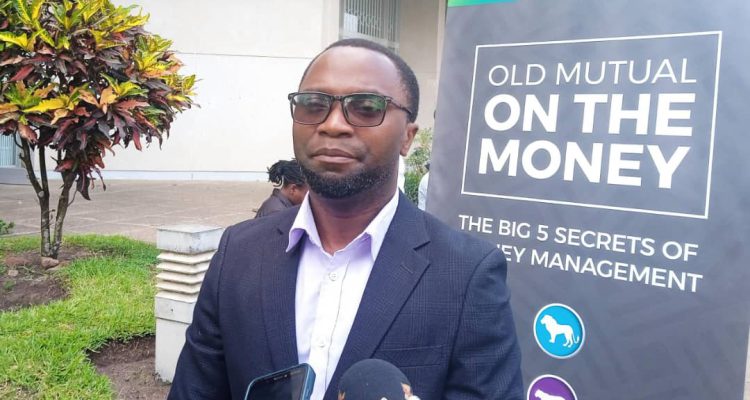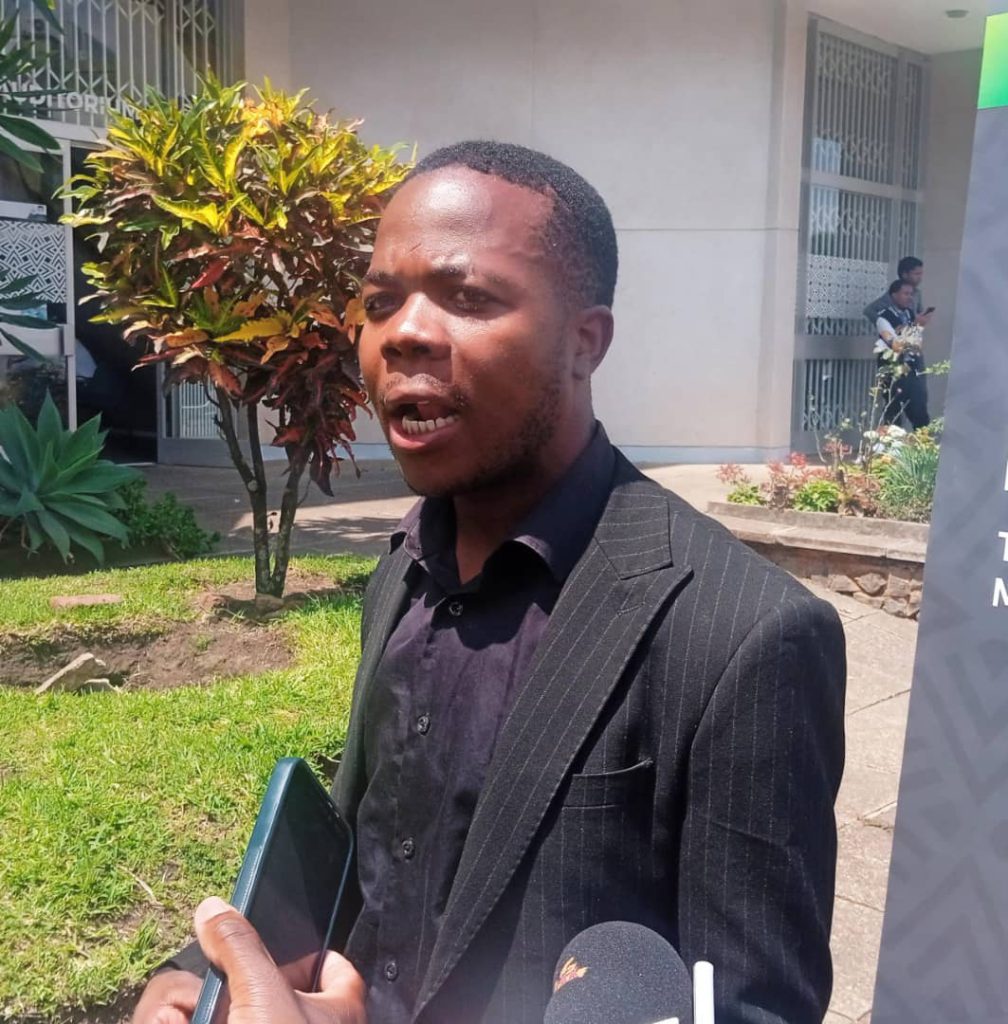
University students have been cautioned to prioritize effective money management and avoid unnecessary debts, as financial struggles continue to contribute to the alarming rise in suicide cases among students.
During an educational visit to Old Mutual Malawi on Thursday, October 24, 2024, students from Catholic University, learned essential financial literacy skills to navigate the complexities of personal finance.
“You must manage your money wisely to avoid financial stress,” emphasized Old Mutual Malawi Financial Education Manager Bernard Chiluzi. “Poor financial management can lead to debt, depression, and even suicide.”

Chiluzi highlighted the importance of prioritizing needs over wants, creating realistic budgets, avoiding unnecessary debts, saving and investing for the future, and seeking financial guidance when needed.
He expressed optimism that the educational visit would have a lasting impact on the students, empowering them to become responsible future citizens who can support their families but also become valuable assets to their communities and country.
“Money plays a significant role in shaping who we become. Therefore, individuals who have completed Old Mutual’s financial education program are likely to become better citizens, starting from their school days and beyond,” added Chiluzi.
Christopher Chabwa, a student and President of the Catholic University Bankers Association, praised the initiative saying they have gained invaluable insights, particularly in financial literacy, moving beyond theoretical knowledge to practical application, learning how to navigate complex financial landscapes.
Determined to spread the benefits, Chabwa vowed to share his newfound knowledge with his peers. “Financial literacy is often taught in school but rarely applied. I’ll ensure that my peers and I adopt a mindful approach to managing our finances, avoiding financial stress and promoting mental well-being.”
By arming students with practical knowledge and skills, this initiative paves the way for a brighter financial future, reduced financial stress, and increased economic stability.
As these students graduate and enter the workforce, they will carry with them the tools to make informed financial decisions, fostering a ripple effect of financial responsibility that will benefit individuals, families, and communities for generations to come.














